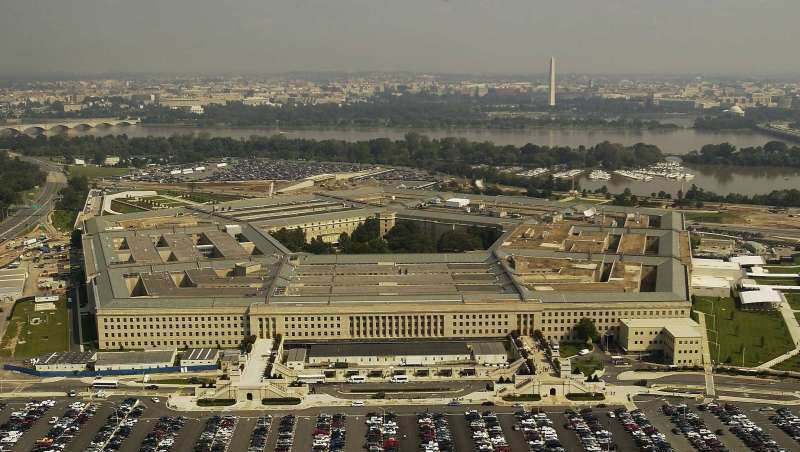
The House began debate today on 80 additional amendments to the fiscal year (FY) 2024 National Defense Authorization Act (NDAA), which were brought to the floor after the House Rules Committee met late Wednesday night to pass a rule covering this second tranche of provisions deemed more controversial than yesterday’s batch of amendments.
Of the 80 amendments cleared for potential floor votes – adding to the nearly 300 that were approved yesterday – just four were from Democrats. But several of the amendments have some cyber and tech flare.
Thirty representatives offered a bipartisan amendment that would establish a National Digital Reserve Corps – a civilian organization tasked with addressing digital and cyber needs across the Federal government. It would require the General Services Administration (GSA) to detail individuals to agencies according to the government’s specific cybersecurity needs.
This particular piece of legislation has made its rounds in the House a few times. Sponsors tried and failed to tack it onto the FY22 NDAA.
An amendment offered by Rep. Bryon Donalds, R-Fla., directs each branch of the U.S. Armed Services to submit a statement – if they certify that they’re interested in potentially utilizing advanced nuclear technology – outlining what they would need in terms of bolstering regulatory certainty relating to deploying advanced nuclear reactors for military operations and logistical support.
Rep. Mike Lawler, R-N.Y., offered an amendment that identifies defense intelligence sharing between the U.S. and the Republic of Korea, Japan, and Taiwan as crucial for identifying and countering the malign activities of China and North Korea in the Indo-Pacific.
Debate on these 80 amendments – the last that the House Rules Committee will consider for the NDAA – began this afternoon. It is expected to go late into the evening tonight, with passage of the bill anticipated as early as Friday.
The House approved the first 290 NDAA amendments by voice vote yesterday with little to no debate, as these provisions were considered bipartisan and “not controversial at all,” according to House Republican leaders.
Several big-ticket tech and cyber amendments made the cut yesterday, including Rep. Mark Green’s, R-Tenn., amendment to produce a report to Congress on the feasibility of furnishing the national guard of every state with a cyber unit, and Rep. Rob Menendez’s, D-N.J., amendment that directs the secretary of Defense to improve outreach to departing servicemembers on career training opportunities in the cybersecurity field.
Rep. Donalds’ also had an amendment that made it through unscathed which encourages the U.S. Armed Forces to utilize innovative technological capabilities – such as AI, quantum information science, advanced air mobility, and counter-UAS – to ultimately defend the national security of the United States.
Separately, the Senate Armed Services Committee released the full text of its version of the 2024 NDAA earlier this week, which advanced by a vote of 24-1 on June 23. Senate Majority Leader Chuck Schumer, D-N.Y., today called for a vote on the bill on the Senate floor by next Tuesday.
